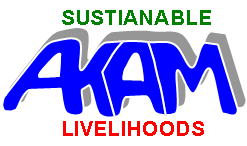Kotoba Sustainable Livelihood Project
Rationale
From the various preliminary assessments conducted in the project area at different times, it was learnt that the community in the area has multi-faceted problems, which directly or indirectly contribute to their impoverishment, and food and livelihoods insecurity. These are: severe degradation of natural resources; declining of crop and livestock production and productivity; weak extension, training and education to farmers; heavy dependence on high cost and external inputs and technologies; poor income generation, diversification and market structures; weak or absent social services (such as roads, schools, water supply and sanitation, and health services).
Project purpose: The project purpose is to enable the rural men and women households in the selected three local administration units of the Dendi district to adopt improved techniques and practices for diversifying and intensifying crop and livestock production and other livelihood options, and enhancing their institutional capacities for self-reliant development sustainably.
The livelihoods of 1000 vulnerable families will be improved through integrated crop and livestock farming resulting in increased food and income. Natural resources will be managed effectively to regenerate the environment whilst ensuring access to vital resources.
Progress and Results
The project resulted in the institutional strengthening of 50 self-help groups (SHGs) composed of 984 members (50% women). AKAM has developed their capacity to mobilise resources for saving and credit schemes, group business activities and implementation of community-initiated projects. As a result, 2/3 of the SHGs have been engaged in business activities (like grain banking, fattening, production of high-value crops on rented land, cultivation of potatoes as a group for cash, etc.).
Women took a lead in managing groups, training other farmers, developing small businesses and organizing community development initiatives. Group members have adopted integrated, diversified and intensified farming practices and increased their farm produce and income. The SHGs played an active role in facilitating members’ access to inputs and produce markets.
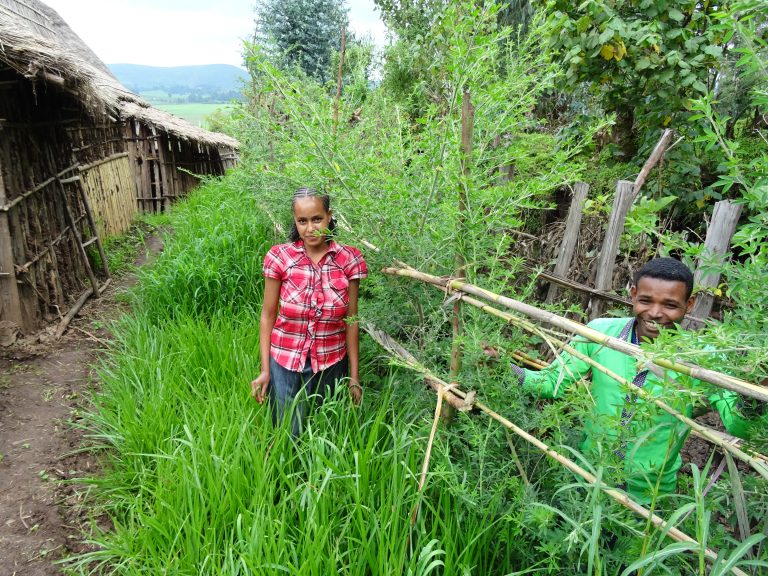
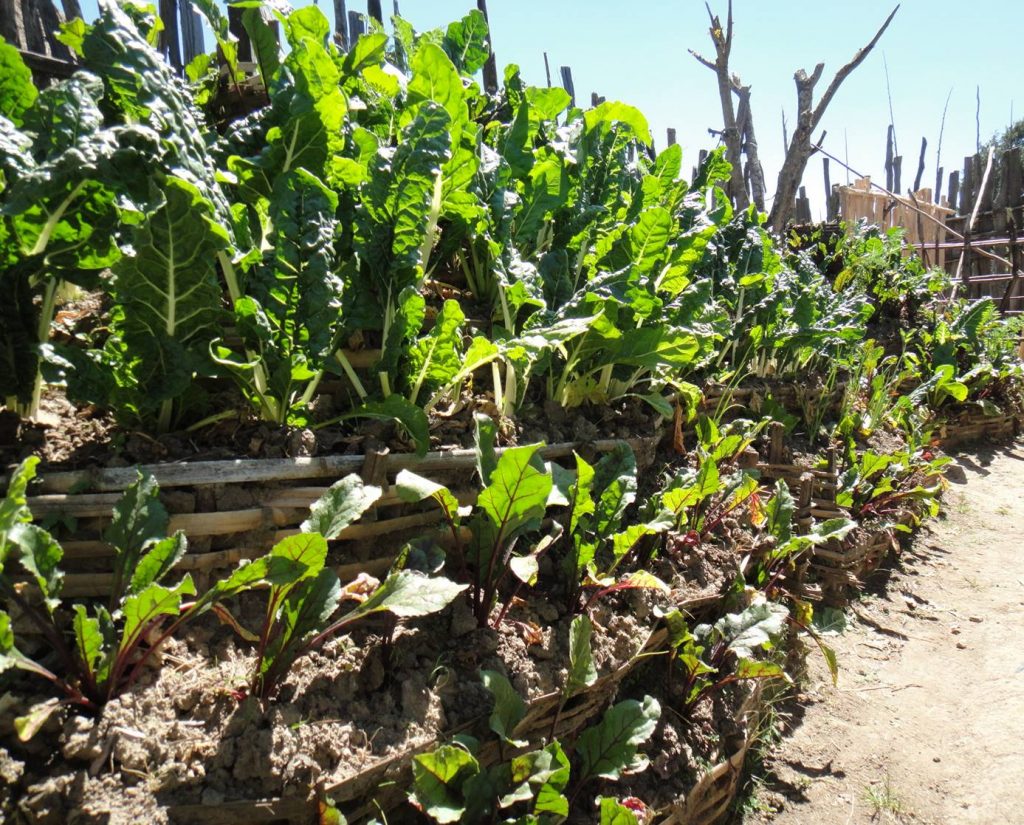
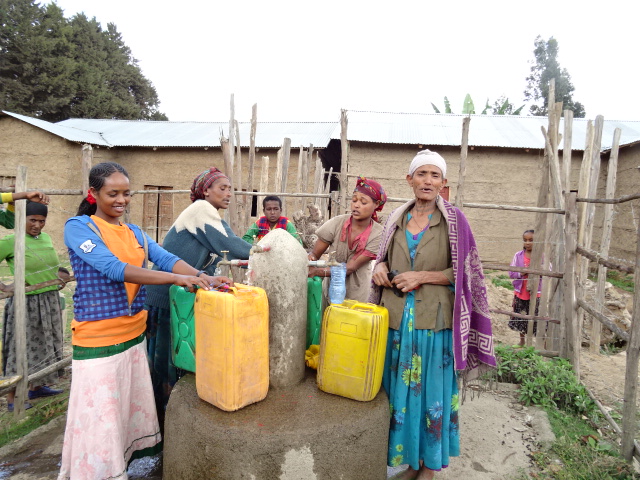
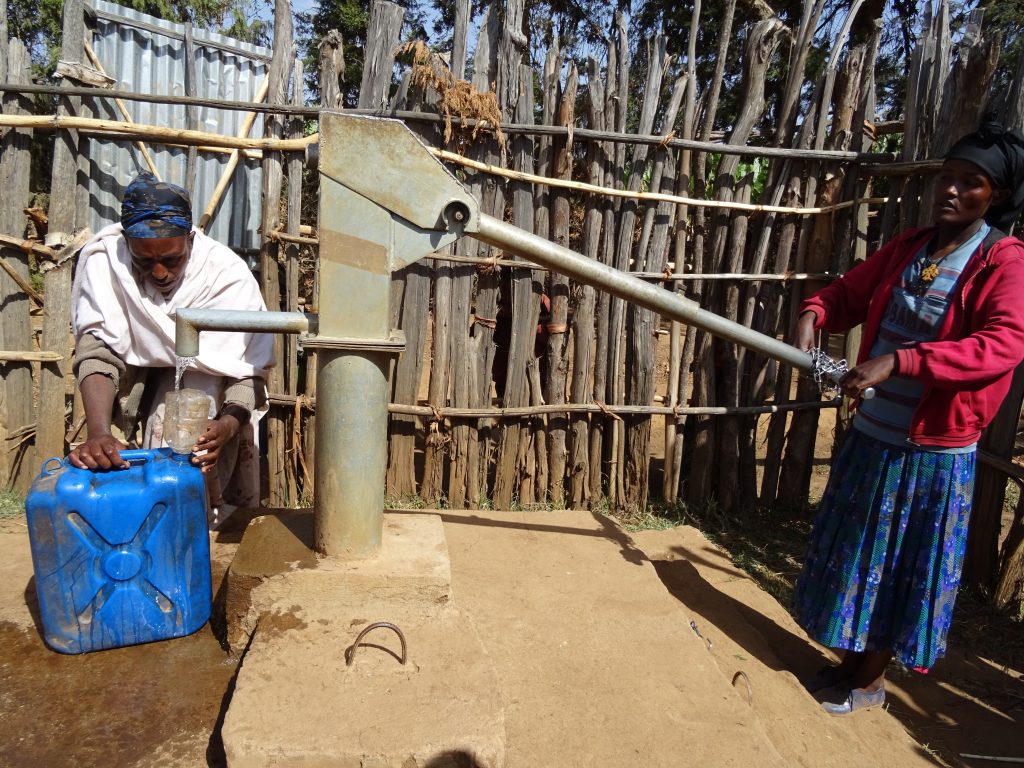
The project provided on-sport water distribution from the development of two springs, and the extension of piped water distribution system to access 800 households (640 SHG members and 160 non-SHG members) with potable water by lying 5km pipe and constructing four public fountains (each with four faucets).
Building community awareness on sanitation and hygiene practices, promoting the efficient use of water by re-using wastewater from domestic work and hand-washing for vegetable gardening, construction of toilets, tip-taps for hand washing, and dish-driers from local materials as well as strengthening water users committee with required skills, spare parts, furniture, and office and store were integral parts of the project.
Testimonies
Mia Janne

